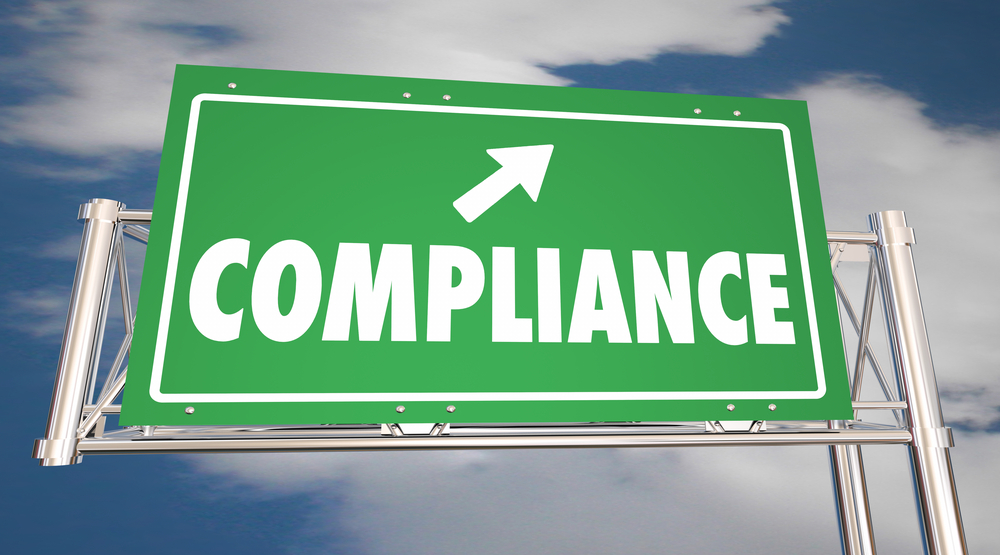Medical facilities must adhere to medical waste disposal compliance guide lines. This includes choosing a medical waste disposal company to pick up and process the waste.
Medical Waste includes:
- needles
- capillary tubes
- syringes with attached needles
- cover slips and slides
- scalpel blades
- and other regulated medical waste including fluids and items that are contaminated with potentially infectious contaminants.
Our medical waste disposal compliance guide will get you started.
Sharps Compliance
Disposal:
Sharps need to packaged in a leak-proof rigid container. It must also be puncture resistant. Generators should be aware of OSHA rules for labeling, otherwise, containers with sharps may be disposed with general solid waste. In some cases, local solid waste authorities may place restrictions on what may be disposed of in their solid waste facilities. Generators should contact the landfill to confirm whether restrictions apply.
Compaction:
The rules do not allow for compaction of sharps at the generator’s facility. However, the rules do not disallow hauling containers of sharps in trucks that compact waste. It also does not prohibit using large commercial compactors as long as the waste is being transported to the disposal facility in the same container.
Packing and Storing Medical Waste
Medical waste must be stored in a package that is suitable for transportation. It cannot leak or be punctured. MedWaste ensures that facilities stay in compliance, including being labeled with biohazard symbols along with the words “Infectious Waste” or “Medical Waste” on the container for regulated medical waste. Containers are also labeled with the name, address and phone numbers of the treating facility, generator, storage facility and transporter. These records must be kept for at least three years.
Additionally, storage areas may only be accessible to authorized personnel. The generator must also ensure that insects and vermin are controlled in storage areas. The floor drains cannot drain into the regular sewage system – they must discharge to a sanitary sewer or septic system.
If the medical waste is non-regulated, the generator just needs to follow the requirements dictated by the general solid waste site. Although insects and vermin must be controlled, and the waste stored cannot become putrid.
Transportation, Treatment and Disposal
The medical waste does not have to be tracked from the facility to the generator and then to the landfill, according to North Carolina rules. However, the generator must ensure that the waste is disposed of properly. Regulated medical waste may be subject to some federally mandated rules for packaging, labeling and transportation. Containers with blood may not contain more than 20 ml and sharps need to be placed in a puncture-proof container.
Regulated medical waste may be sent to a medical waste treatment facility that is authorized by the state. Items such as dressings, gloves, bloody bandages and tubing are non-regulated. Blood and body fluids in containers larger than 20 ml may be disposed of in a sanitary sewage or by incineration.
OSHA Regulations
OSHA’s definition of regulated waste may be different than the state’s definition, but it’s up to the generator to know how to label and dispose of the waste. OSHA uses the Bloodborne Pathogens Standard to describe regulated waste as:
- “Liquid or semi-liquid blood or other potentially infectious materials (OPIM);
- Items contaminated with blood or OPIM and which would release the substances in a liquid or semi-liquid state if compressed;
- Items that are caked with dried blood or OPIM and are capable of releasing these materials during handling;
- Contaminated sharps; and
- Pathological and microbiological wastes containing blood or OPIM.”
OSHA also makes a determination based on whether any of the above could release blood instead of the volume of blood. The agency may issue citations if it finds evidence of blood flaking off or pooling at the bottom of a container.
Additionally, OSHA has determined that as long as bandages are not so saturated that they release blood or OPIM if they are compressed that they are not considered regulated medical waste.
Make The Move
Contact MedWaste Services to discuss our Medical Waste Disposal Compliance Guide, or your facility’s medical waste and regulated medical waste disposal needs.

